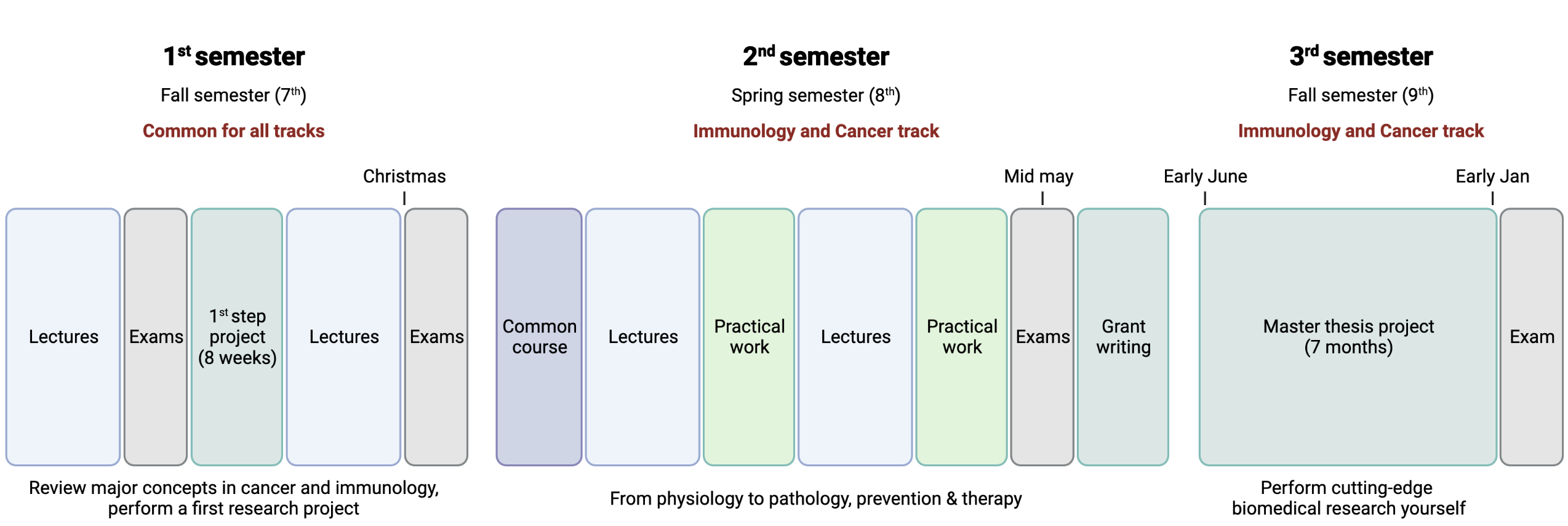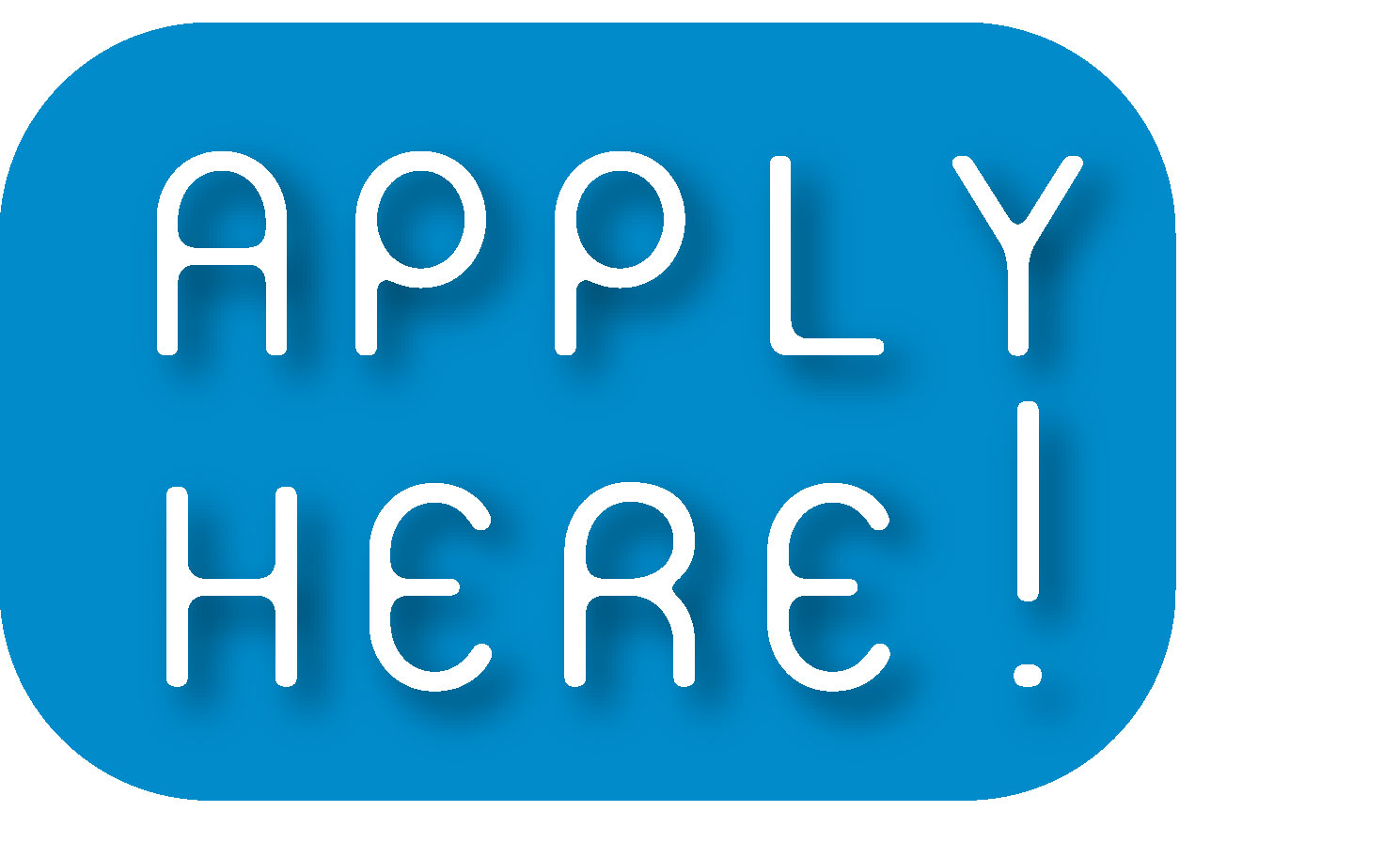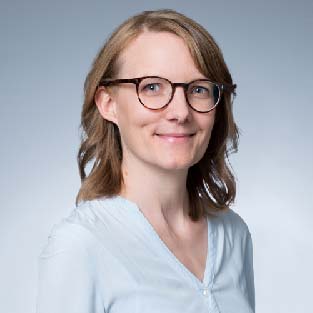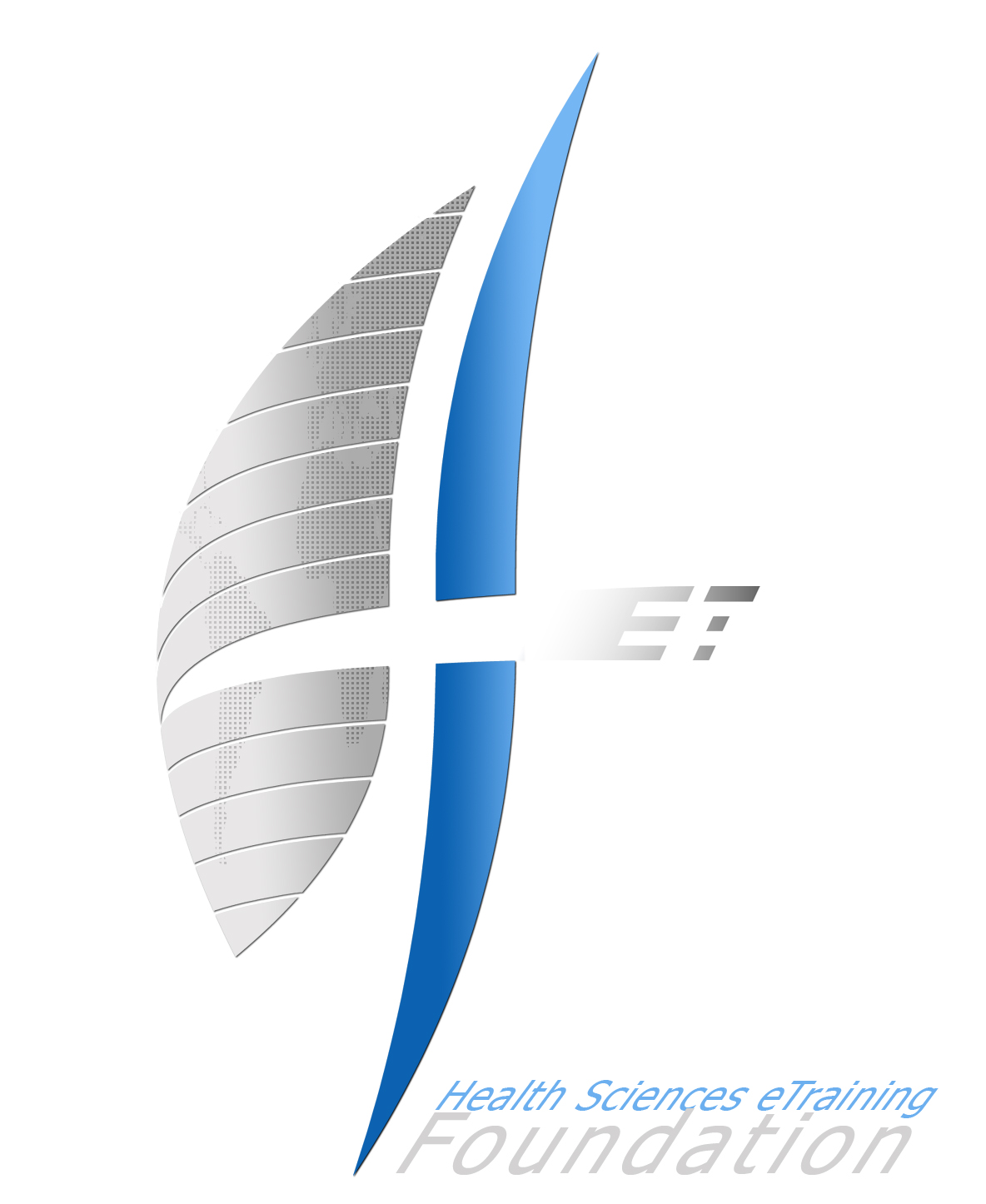Immunology & Cancer (IC) track

© Irina Batiuk - Dreamstime
- Infections and immune disorders are major causes of death and disability globally, emphasising the need for new vaccines and treatments.
- Cancer is the leading cause of death in wealthy nations, necessitating improved therapies.
- The UNIL campus in Epalinges hosts one of Europe’s biggest centers dedicated to immunology and oncology research.
- UNIL offers comprehensive teaching and training programs in immunology and oncology at the Bachelor, Master, and PhD levels.
- Graduates with training in immunology and oncology are well-positioned to compete for job opportunities in academia and industry.
CIIL: Center of Immunity and Infection Lausanne-Epalinges. At the north terminus of the M2 metro line (Croisettes).
© Fondation ISREC
Under one roof : Department of Immunobiology, CHUV Research labs and Department of Oncology
- About 300 scientists
- More than 40 research groups
- International and dynamic atmosphere
- Seminars and lectures by world-leading scientists
- State-of-the-art equipment and core facilities
Open since 2019: Agora translational cancer research center (on the hospital site / CHUV-Bugnon) with an additional 300 scientists and clinicians.
At the end of the course students will be able to:
- Mobilise theoretical and practical knowledge in immunology and oncology.
- Systematically analyse fundamental and clinical problems in immunology and cancer biology, including diseases related to the immune system or cell transformation, drug development and treatments.
- Apply modern research techniques in immunology and oncology to solve cutting edge research questions.

1st Semester: Overview of basic concepts as well as in depth lectures
Immunology (12h):
- Innate immunity by Prof. W.Held
- Adaptive immunity by Prof. S.Luther
Biology of Cancer (12h):
- Clinical aspects by Prof. N. Rufer
- Molecular aspects by Prof. F. Martinon
First step research projects : A wide and diverse choice of laboratories (List of host labs)
2nd Semester: Lectures
- In-depth coverage of selected aspects of immunology and cancer
- Focus on autoimmune diseases, infections and vaccines
- Another focus on cancer types and cancer therapies
- Drug development in oncology
Practical work :
Molecular and cellular biology (mass spectrometry and peptide-based cellular assays), whole tissue analysis (advanced flow cytometry and virtual histological analysis), writing and defending a grant proposal for your Master project.
For more information, please consult the Plan of Study and detailed Courses schedules.
Listen to what a past student had to say about our course.
3rd Semester: Learn to work at the bench and within a team.
Discover the fascinating world of ‘research’ where you test a novel hypothesis, venture into the unknown and try to expand our current knowledge on that topic. You can find all host laboratories here.
- Critically evaluate scientific articles and experimental data
- Identify biologically relevant questions based on scientific literature
- Plan and conduct meaningful experiments
- Perform data analysis
- Present and discuss experimental data
- Draft a grant proposal, poster and thesis in English
- Work independently as well as in a team
- Manage and conduct a research project
These skills have broad applicability across various professions in your future career.
UNIL PhD program in Cancer and Immunology
Academic career: Basic research, Translational research, Clinical research (in immunology, infectious diseases, vaccinology, cancer), Teaching of biological sciences and biomedical sciences
Non-academic field: Research in the industry, Science Management, Granting agencies, Scientific journals, Regulation agencies, Patents, Clinical trials, Finances/Investment banking
We provide excellent training, inspire a passion for research, and equip you with the best tools for securing an exciting job!

© Arndt von Bieren - Epalinges
Prof. Julia Esser-von Bieren
Dpt. of Immunobiology
In charge of the Immunology & Cancer track
Office F506
Ch. des Boveresses 155
1066 Epalinges
Tel. +41 21 692 57 23
For any administrative question (e.g. registration, equivalencies, etc.) : please contact the School of Biology.

.png)


